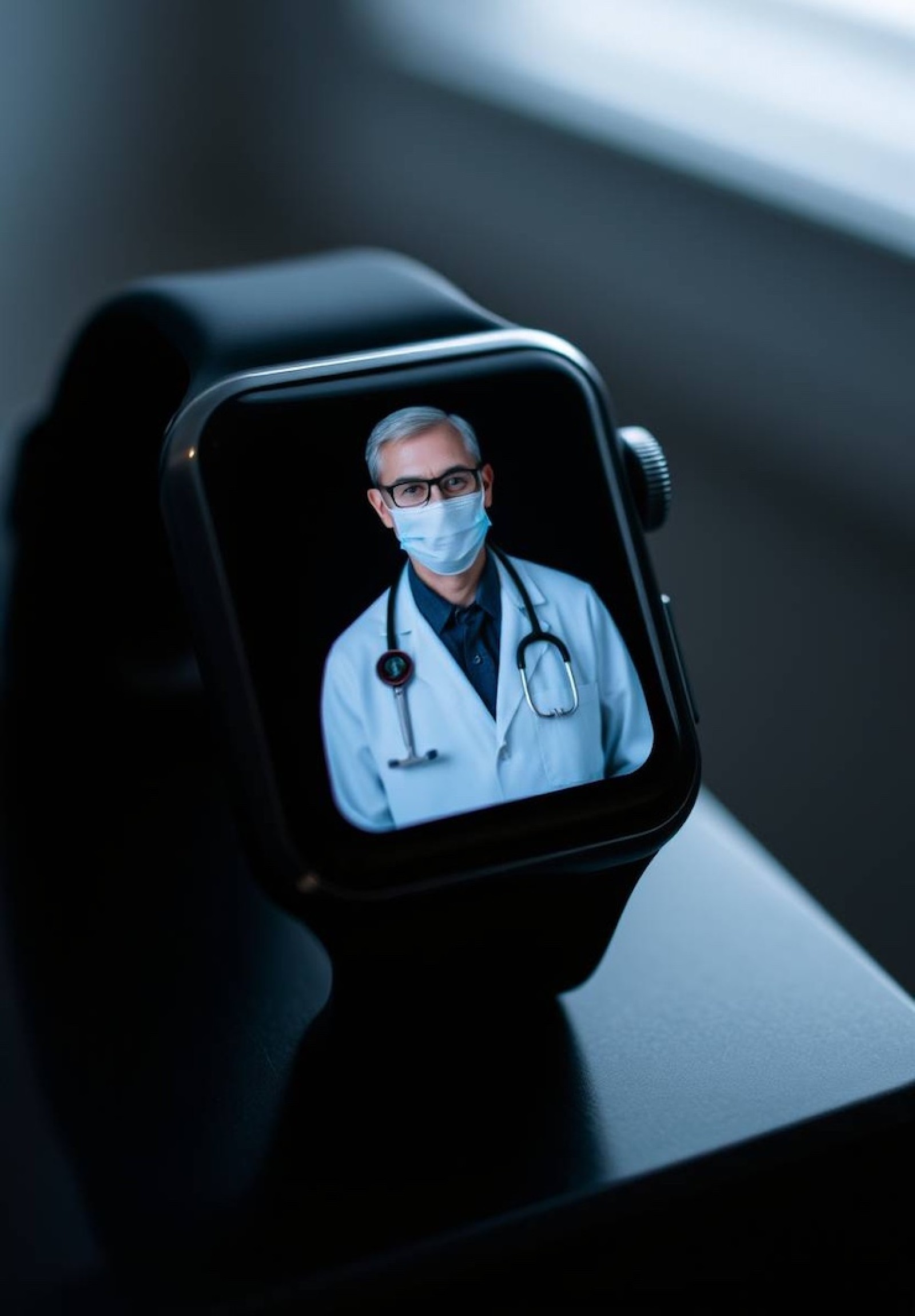While the Apple Watch is already more or less capable of detecting benign pathologies, Apple has pushed the idea even further by exploiting the biometric sensors of its connected watch to feed an artificial intelligence algorithm capable of detecting more serious alterations in physiology.
AI training made in Apple££££
Concretely, Apple's AI labs trained their program on the basis of more than 2.5 billion hours of data collected by the Apple Watch from more than 160,000 participants. The results of this project were published in a paper called (careful, take a deep breath) "Beyond sensor data: fundamental models of behavioral data from connected objects improve health predictions."
To simplify, regarding the detection and prediction of physiological states, this hybrid approach (AI + biometric data) proves to be more effective than the simple collection of real-time data, heart rate, blood oxygen, etc. This AI model also takes into account activity (number of daily steps), sleep duration, heart rate variability, and others, to refine its analysis.
Apple products even better for health££££
As a result, the algorithm is more efficient at identifying what researchers call "static health states", capable of knowing if the patient is taking beta-blockers, or if he has a respiratory infection for example. Additionally, AI achieves 92% accuracy when it comes to determining whether a woman is pregnant or not.
In short, a diagnostic assistant that could make doctors' lives easier and that could even one day arrive in some form on your Apple products.
